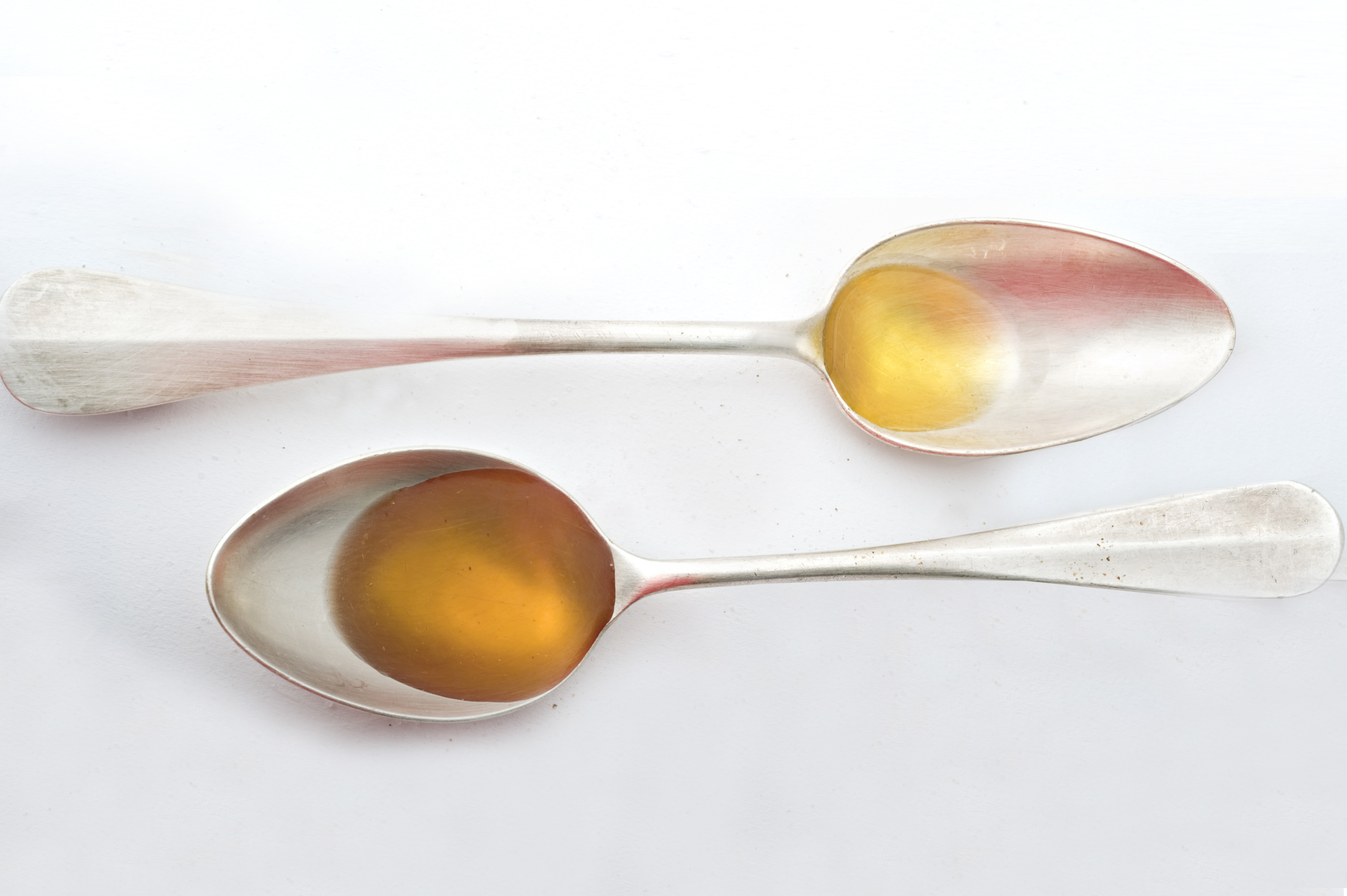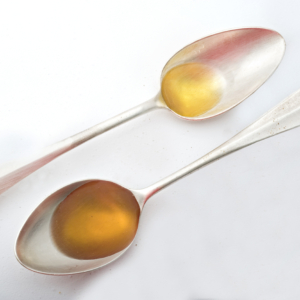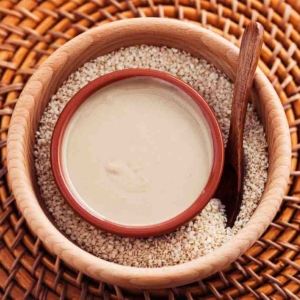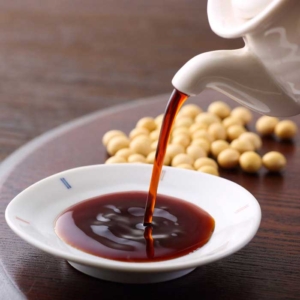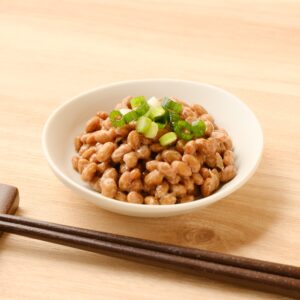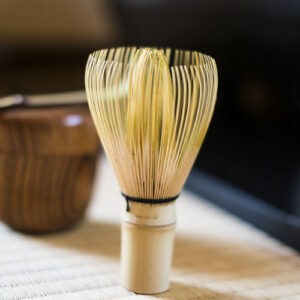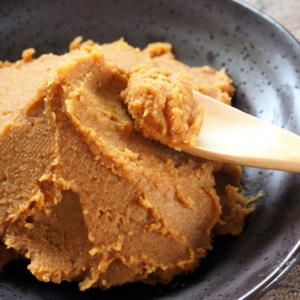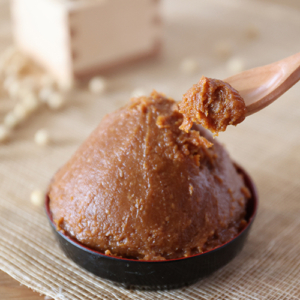
Have you ever wondered “is mirin and rice vinegar the same thing?”. And since they both have a quite acidic flavour, this must mean that we could use them interchangeably in our cooking right? This is a very common misconception, so let us help you debunk this today! In reality, mirin and rice vinegar are totally completely condiments with different usages. Let’s explore together their unique characteristics and finally answer the tantalising question of whether rice vinegar could be used as a substitution for mirin!
What is mirin?
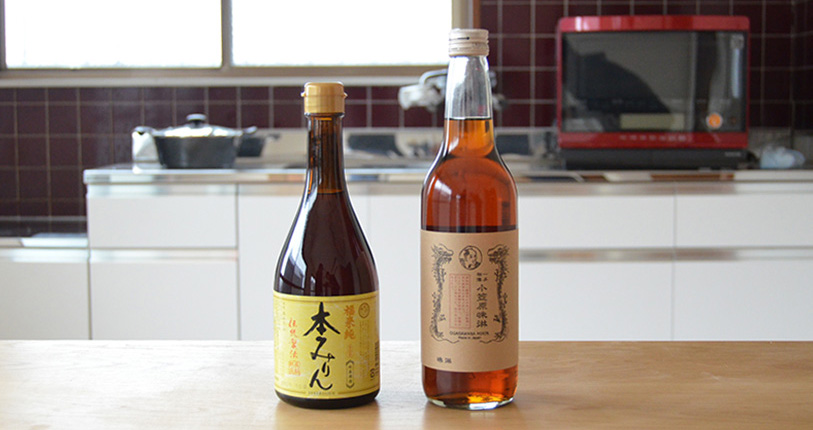
Mirin is a very common ingredient and condiment used in Japanese cuisine. It is a type of rice wine, made by the fermentation of glutinous rice + rice malt (koji) + shochu. As malt (koji) converts the starch in the rice into glucose, it gives off that natural, gentle sweet flavour. It has a golden colour with a relatively thick texture and consistency.
What are some types of mirin?
There are 3 main types of mirin: Hon mirin, Mirin-fu Chomiryo (Mirin-like seasoning) and Fermented Seasoning (Mirin-type seasoning). Let’s briefly explore their differences:
- Hon mirin is often known as Real or Pure mirin. It is made from the saccharification process of glutinous rice + rice koji + shochu and has an alcohol frequency of around 14%. Its salinity is very low with 0% and has a sweet flavour.
- Mirin-fu Chomiryo is Mirin-like seasoning. It is made from the combination of starch syrup + rice + rice koji + acidic components and has an alcohol frequency of less than 1%. Its salinity is also low with less than 1% and its flavour is very similar to that of Hon mirin.
- Fermented Seasoning is Mirin-type seasoning. It is made from the combination of distilled rice + rice koji + sugar + alcohol + salt and has an alcohol frequency of anywhere between 8-14%. Its salinity is also low with 2% and its flavour is saltier than the other types.

Common uses
Out of the 3 types of mirin we discussed above, only Hon mirin is drinkable due to the ingredients and production method. However, please be careful because not all Hon mirin is drinkable. Mirin can be used as a condiment for teriyaki, yakitori and a lot of other dishes to enhance their flavour and bring out the aroma.
If you are still curious and would like to explore mirin deeper, please refer to this article. It will give an in-depth and detailed explanation of what is mirin, the different types of mirin and how to use it.
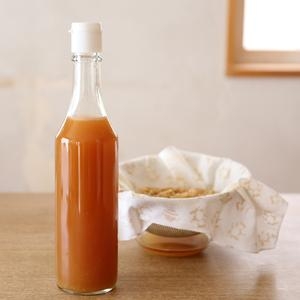

Buy Mirin on Amazon
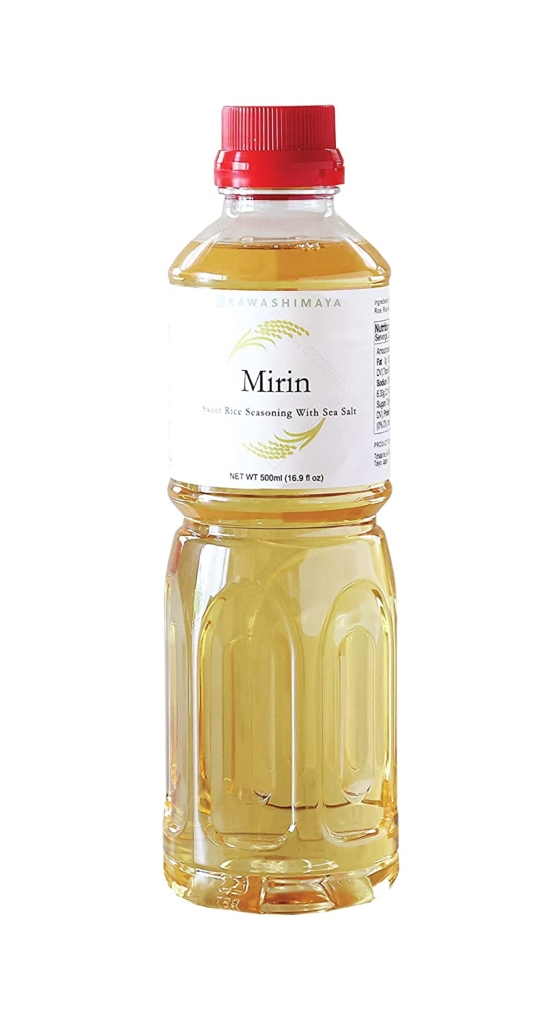
Mirin Sweet Rice Seasoning 500 ml (16.9 fl oz) – Traditional Umami Cooking Wine, Made in Japan by Kawashimaya
Indispensable sweet rice seasoning with strong umami taste, full-bodied richness, refreshing aftertaste, and smooth consistency for daily cooking. Vegan and Gluten-free mirin. Use 100% Japanese domestic rice. Made in Japan.
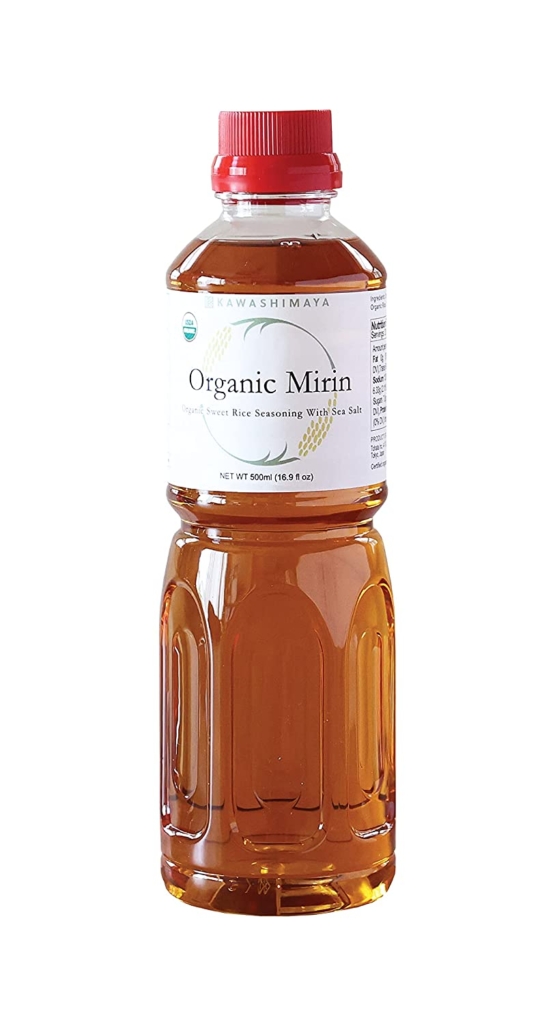
Organic Mirin Sweet Rice Seasoning 500 ml (16.9 fl oz) – Traditional Umami Cooking Wine, USDA Certified, Made in Japan by Kawashimaya
Premium secret cooking ingredient with umami, full-bodied richness, and smooth consistency. USDA Certified, Vegan, and Gluten-free sweet rice seasoning. Use 100% Japanese domestic rice. Made in Japan.
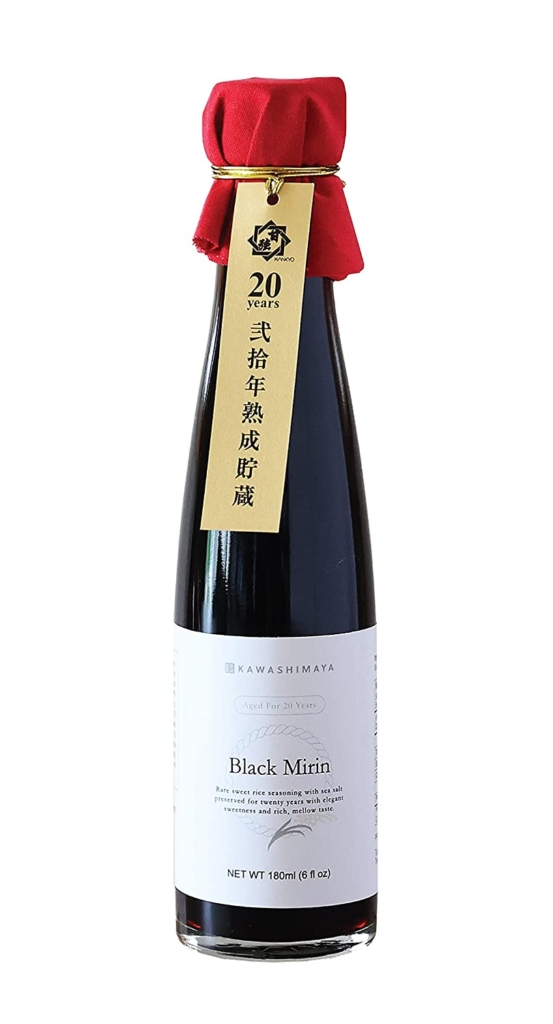
Black Mirin Sweet Rice Seasoning 180ml (2.7 fl oz) – Aged for 20 Years, Traditional Umami Cooking Wine, Made in Japan by Kawashimaya
Black Mirin is a carefully developed sweet rice cooking seasoning with continuous preservation for twenty years. It gives a luxury touch to every dish with completely different tastes from usual mirin. Vegan and Gluten-free. Use 100% Japanese domestic rice. Made in Japan.
What is rice vinegar?
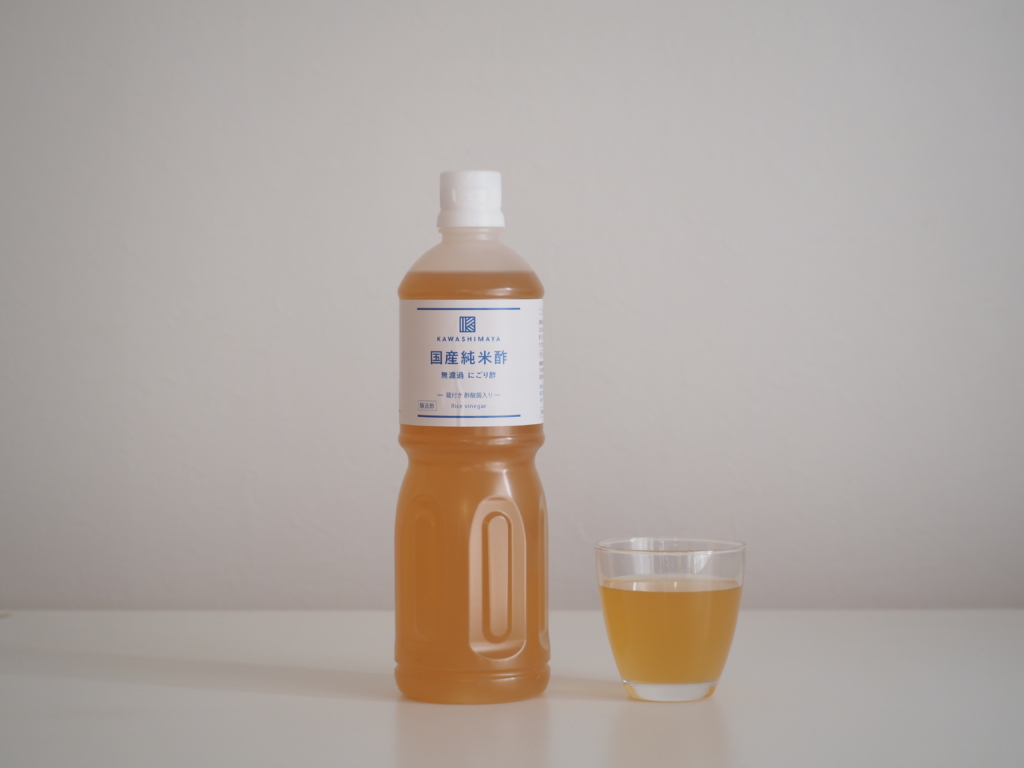
Rice vinegar is a type of condiment used regularly in Chinese, Japanese and Korean cuisine and is definitely a staple culinary ingredient. It is a type of vinegar that is made from rice, fermented rice or rice koji, and water. In comparison to vinegar produced in the West, rice vinegar has a more delicate and sweeter taste.
What are some types of rice vinegar?
Let’s explore 2 types of Japanese Rice Vinegar: Red Rice Vinegar (Akazu) and Black Vinegar (Kurozu) and discuss their unique characteristics.
- Japanese Rice Vinegar (Akazu) is also known Sake Lees Vinegar (Kasuzu). It is made from sake kasu, the leftover of the sake fermentation process. Red rice vinegar has a reddish colour, with milder acidicity compared to rice vinegar. It has a stronger umami flavour.
- Japanese Black Vinegar (Kurozu) is made from brown rice or rice that hasn’t been polished. It could also be made from barkey and wheat. Black vinegar has a deep caramelised-colour, with mellow and less sour taste. It also contains a lot of amino acids, which makes it a healthy drink!

Common uses
Red rice vinegar (akazu) is very commonly used as an accompaniment to creating seafood dishes or to make dipping sauce. It can also be used to make sushi! On the other hand, Black vinegar is often used as a table condiment or diluted in water to drink as a healthy drink.
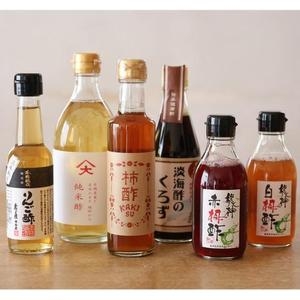


Final comparisons
This table will break down the main differences between mirin and vinegar!
| Mirin | Vinegar | |
|---|---|---|
| Fermentation process | Made by fermenting glutinous rice, rice malt (koji) and shochu. | Made by fermenting the starch in rice using acetic acid bacteria. |
| Texture | Syrupy with a thick consistency. | Watery with a thin consistency. |
| Flavour | – Sweetness: Higher – Sourness: Lower – Acidity: Lower | – Sweetness: Lower – Sourness: Higher – Acidity: Higher |
| Alcohol content | Hon Mirin have 14% alcohol content, and Mirin-fu Chomiryo (Mirin-like Seasoning) contains less than 1% alcohol content. | Non-alcoholic. |
| Culinary uses | Suitable for dishes requiring a stronger sweetness flavour. | Suitable for dishes requiring a stronger sour flavour. |
| Substitute | Sake and sugar, or honey | Apple cider vinegar |
Nutritional values comparison
This table should only be used as a guide as the exact nutritional values will be dependent on the brands, the ingredients and the fermentation process. However, this table can be used to provide a general indication of what you should expect.
| Mirin (1 tbsp) | Vinegar (1 tbsp) | |
|---|---|---|
| Calories | Higher | Lower |
| Carbohydrates | Higher | Lower |
| Fat | 0g | 0g |
| Protein | 0g | 0g |
| Sodium | Higher | Lower |
| Cholesterol | 0g | 0g |
| Sugar | Higher | Lower |
Final thoughts: Can we substitute mirin with rice vinegar?
The answer is NO. The two products are both made from fermented rice, but they have different production processes, therefore they have different flavour profiles.
You may notice some website suggests that rice vinegar can replace mirin, but we don’t recommend you to use rice vinegar as mirin’s substitute. Besides, using vinegar could add acidity to your food.
FAQs
- Is mirin classified as rice wine vinegar?
-
Rice wine vinegar is another name for rice vinegar. Therefore, mirin is not the same as rice wine vinegar.
- Are mirin and rice vinegar gluten free?
-
Mirin is gluten-free, but rice vinegar isn’t!
- What is the best substitute for mirin?
-
We recommended using Sake and sugar, or Honey as a substitution for mirin.
Please refer to this article for more information & explanation:
Related Post What is Mirin and What is the Good Substitute for Mirin? As one of the Japanese cuisine's enthusiast, I have heard about the word “mirin” or the Japanese sweet rice cooking wine. But now, when I think about ...
What is Mirin and What is the Good Substitute for Mirin? As one of the Japanese cuisine's enthusiast, I have heard about the word “mirin” or the Japanese sweet rice cooking wine. But now, when I think about ... - What is the best substitute for rice vinegar?
-
We recommended using Apple Cider Vinegar as a substitution for rice vinegar.
Please refer to this article for more information & explanation:
Related Post What is the Substitute for Rice Vinegar? “I want to cook, but I’m out of rice vinegar!!” What can I use instead of rice vinegar? What is the substitute for rice vinegar? Rice vi...
What is the Substitute for Rice Vinegar? “I want to cook, but I’m out of rice vinegar!!” What can I use instead of rice vinegar? What is the substitute for rice vinegar? Rice vi...
Recommended Products for Mirin
At Kawashima-ya, we would like to recommend you our favourite mirin product. It is made from the city where mirin is originally from, the Hekinan City of the Aichi Prefecture in Japan. Made in the finest mirin brewery, we aim to deliver to you an authentic taste and flavour of mirin.
Buy Mirin on Amazon

Mirin Sweet Rice Seasoning 500 ml (16.9 fl oz) – Traditional Umami Cooking Wine, Made in Japan by Kawashimaya
Indispensable sweet rice seasoning with strong umami taste, full-bodied richness, refreshing aftertaste, and smooth consistency for daily cooking. Vegan and Gluten-free mirin. Use 100% Japanese domestic rice. Made in Japan.

Organic Mirin Sweet Rice Seasoning 500 ml (16.9 fl oz) – Traditional Umami Cooking Wine, USDA Certified, Made in Japan by Kawashimaya
Premium secret cooking ingredient with umami, full-bodied richness, and smooth consistency. USDA Certified, Vegan, and Gluten-free sweet rice seasoning. Use 100% Japanese domestic rice. Made in Japan.

Black Mirin Sweet Rice Seasoning 180ml (2.7 fl oz) – Aged for 20 Years, Traditional Umami Cooking Wine, Made in Japan by Kawashimaya
Black Mirin is a carefully developed sweet rice cooking seasoning with continuous preservation for twenty years. It gives a luxury touch to every dish with completely different tastes from usual mirin. Vegan and Gluten-free. Use 100% Japanese domestic rice. Made in Japan.
Recommended Products for Rice Vinegar
Here are some of our favourite products for rice vinegar in case you are interested!

